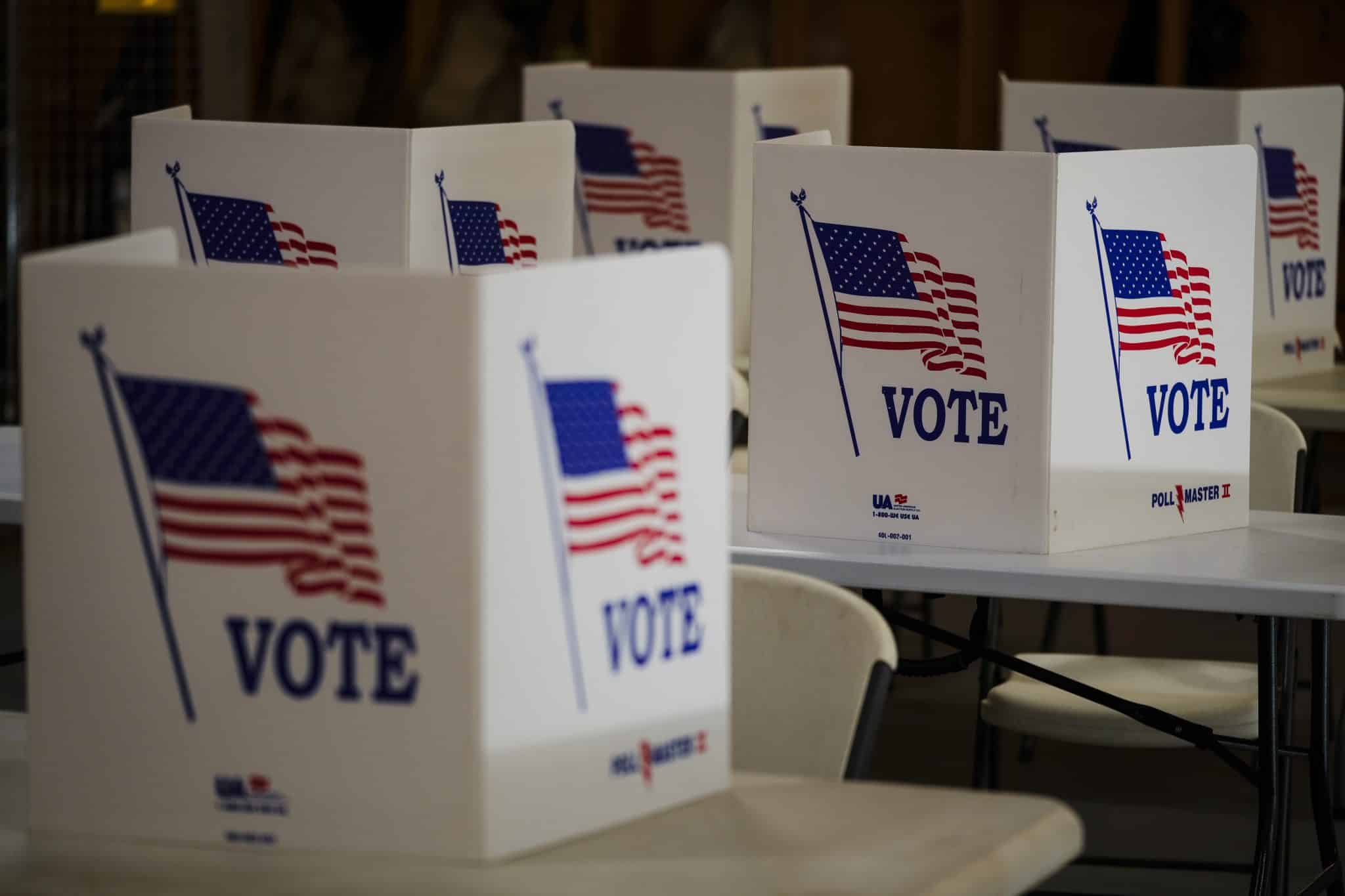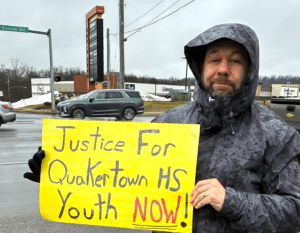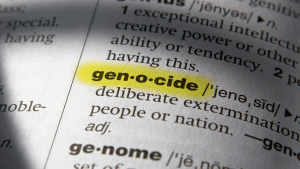Votebeat is a nonprofit news organization reporting on voting access and election administration across the U.S. Sign up for Votebeat Pennsylvania’s free newsletter here.
More than 3 out of 4 voters in Pennsylvania support opening up the state’s primary elections to independent voters, according to an August 2024 Franklin & Marshall poll.
But despite that broad consensus, and the yearslong push from some state lawmakers and advocates to make it happen, Pennsylvania remains one of the most restrictive states in determining who can participate in primary elections.
Lawmakers have introduced bills to open primaries, but so far, they haven’t gained much traction. Here’s a look at the effort, and where it stands.
What is an open primary?
According to the National Conference of State Legislators, an “open primary” occurs in states that do not ask voters to select a party when they register to vote, and that allow voters to choose each time which party’s primary they wish to participate in. But the term is often used as a catchall to describe a range of processes, including fully closed or partially open primaries.
Pennsylvania has the most restrictive primary voting system possible, known as a fully closed primary. Under this system, only voters registered with a political party can vote in that party’s primary. According to the NCSL, Pennsylvania is one of just 10 states with such a strict boundary.
Nine other states have “partially closed” primaries. They allow political parties to choose whether they want to allow unaffiliated voters to participate in their primaries, but parties can exclude registered members of other parties.
Arizona, along with six other states, permits unaffiliated voters to participate in any party primary, but doesn’t allow registered party members to vote in another party’s primary.
Fully open-primary states such as Michigan allow voters to cross party lines and vote in whichever primary they choose, regardless of party registration. But voters must choose a single party’s primary, and cannot switch between the parties for different races.
What would a shift to open primaries mean?
Proponents of opening Pennsylvania’s primaries to independent and unaffiliated voters argue that the move would have several benefits.
First, they point out that independent, unaffiliated, and third-party voters are making up a larger portion of the electorate: The number of Democrats on Pennsylvania’s rolls has been shrinking, while Republican registrations have been growing, but the number of people registering as independent, unaffiliated, or members of a third party has grown more.
Currently, more than 1.4 million voters are in that category, compared with roughly half that number 25 years ago.
While Democrats and Republicans are fairly close in registration numbers statewide, in many local communities, one of the two parties has a clear majority. This means candidates who win the primary often coast to victory in the fall, with only nominal opposition.
A 2024 Spotlight PA analysis found that the vast majority of state legislative races on the ballot that year were decided in the primary.
Proponents of opening up Pennsylvania’s primaries argue that this pattern effectively creates a system where the 1.4 million voters who aren’t registered with a major party cannot meaningfully participate in local elections.
And “your tax dollars to pay for that primary election regardless,” said Lauren Cristella, president of the Philadelphia-based good government group Committee of Seventy, which favors opening the state’s primaries. “So it’s also an issue of taxation without representation.”
READ: Committee of Seventy Says Low Voter Turnout in Primary Election ‘Is a Warning Sign’
Another key argument is that it would increase voter turnout. The May 20 municipal primary saw about 20% of registered voters participate. A study from the Bipartisan Policy Center found that when states open their primaries to unaffiliated voters, turnout increases by 5 percentage points.
Research also suggests opening primaries can result in more ideologically moderate candidates.
Opponents have argued that primaries are intended for members of a given political party to select who best represents the ideals of that party, and that opening it up to outside participants could mean electing representatives who don’t embody that party’s values.
“Some of the argument is ‘Oh well these are our teams. You wouldn’t want the Steelers to pick the running back for the Eagles, or vice versa,’” state Sen. Camera Bartolotta (R., Washington) said at a recent Keep Our Republic event. “Right now I think because of social media, and the nastiness and the vitriol and the extremes (in) both parties, more and more and more people are abandoning that party affiliation.”
Election administrators have noted that there may be some logistical challenges as well. For instance, members of local political committees are also elected during primaries. If the legislature were to pass a bill that allowed unaffiliated voters to participate in some primaries, such as for county commissioner, but not for party committee members, that would require more ballot configurations and more training to ensure that poll workers don’t hand voters the wrong ballot.
What’s the status of the push for open primaries?
There are currently two bills in the state legislature aimed at opening up Pennsylvania’s primaries.
Rep. Jared Solomon (D., Philadelphia) has a bill currently making its way through the state House that would allow unaffiliated voters to participate in either the Democratic or Republican primary, but wouldn’t allow third-party voters.
State Sen. Lisa Boscola (D., Lehigh) has said she plans to reintroduce a bill from the last legislative session that Sen. Dan Laughlin (R., Erie) co-sponsored, which would similarly open the primary election to independent voters, but not third-party voters. Additionally, it would prohibit independent voters from voting for party officers or committee members, a key difference between this proposal and Solomon’s.
However, election legislation of all types has had trouble in recent years getting through both chambers and to the governor’s desk. Republican leadership in the state Senate has been clear that any election reform must include expanded voter ID requirements.
“Right now, there’s just gridlock in Harrisburg,” Cristella said. “There’s bipartisan support in the House, and we think we can get it passed in the House, but things aren’t moving in the Senate. There’s some negotiations, it seems like, around the voter ID bill, where if a voter ID bill passes, then other things might be on the table to get the governor’s signature.”
Votebeat is a nonprofit news organization covering local election integrity and voting access. Sign up for their newsletters here.







